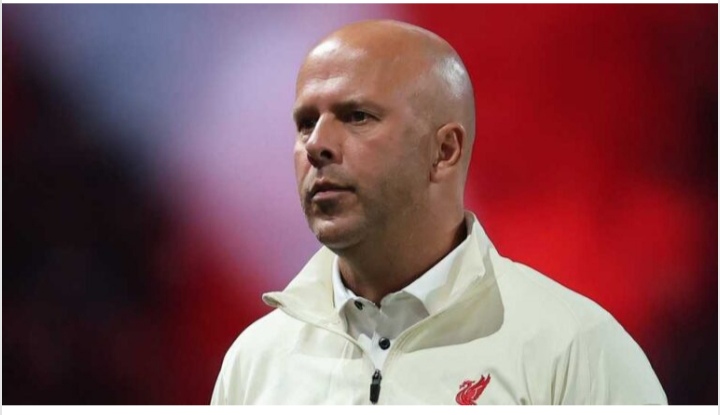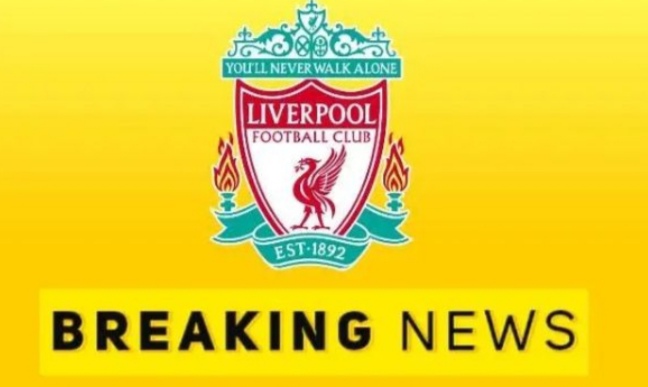When Federico Chiesa joined Liverpool from Juventus, expectations were sky-high. His reputation as one of Italy’s finest attackers had supporters dreaming of a new Anfield hero, someone to follow in the footsteps of the club’s greats. But a year on, the reality is starkly different. Instead of being a central figure in Arne Slot’s project, the 27-year-old winger finds himself on the periphery—struggling for minutes, omitted from the Champions League squad, and now reportedly ready to leave as soon as January.
For Chiesa, time is not on his side. With the 2026 World Cup looming, he knows regular football is essential if he is to secure his place in Luciano Spalletti’s Italy squad. Memories of his dazzling Euro 2020 campaign only emphasize how far he has fallen since. Once a fearless, electrifying force for the Azzurri, he now sits idle on Liverpool’s bench, watching as new signings Alexander Isak, Hugo Ekitike, and Florian Wirtz dominate the spotlight.
Injuries played a cruel role in derailing his Anfield career from the start. A muscle issue kept him out for much of his debut season, costing him rhythm and confidence. By the time he returned, Liverpool were thriving without him, and his opportunities dwindled. Two goals in 14 appearances marked a disappointing return for a player of his pedigree. Supporters hoped this season would bring redemption, but so far, it has been more of the same.
Arne Slot’s rebuild has only made life harder. Liverpool’s £450 million summer spree reshaped the attack completely, leaving Chiesa further down the pecking order. His omission from the Champions League squad felt like a definitive signal: he is not part of Slot’s long-term plans. For a player earning £180,000 a week, the issue is not money—it is relevance, playing time, and the chance to reignite his career.
A January exit now looks increasingly likely. Serie A clubs, including his former side Juventus, are monitoring the situation closely, and interest from Spain and Germany has also been reported. For Chiesa, moving could mean more than just rescuing his Liverpool career; it could be the key to keeping his international dreams alive.
For Liverpool, the situation is more complicated. Selling him after just one year would mark a costly misstep, raising questions about recruitment strategy and squad management. Yet with the team unbeaten in the Premier League and thriving under Slot, the manager’s decisions are difficult to challenge.
Chiesa’s story is a painful reminder of football’s brutality. A year ago, he was welcomed with hope and excitement. Today, he is a symbol of what might have been—a star left behind by Liverpool’s relentless pursuit of the future. Unless something changes quickly, Anfield may never see the best of Federico Chiesa.
His departure feels inevitable, but his career is far from over. Whether in Italy or elsewhere, Chiesa still has time to rediscover his spark. For now, though, he stands on the fringes at Liverpool—once Italy’s golden boy, now a forgotten figure fighting for a way back into the light.






